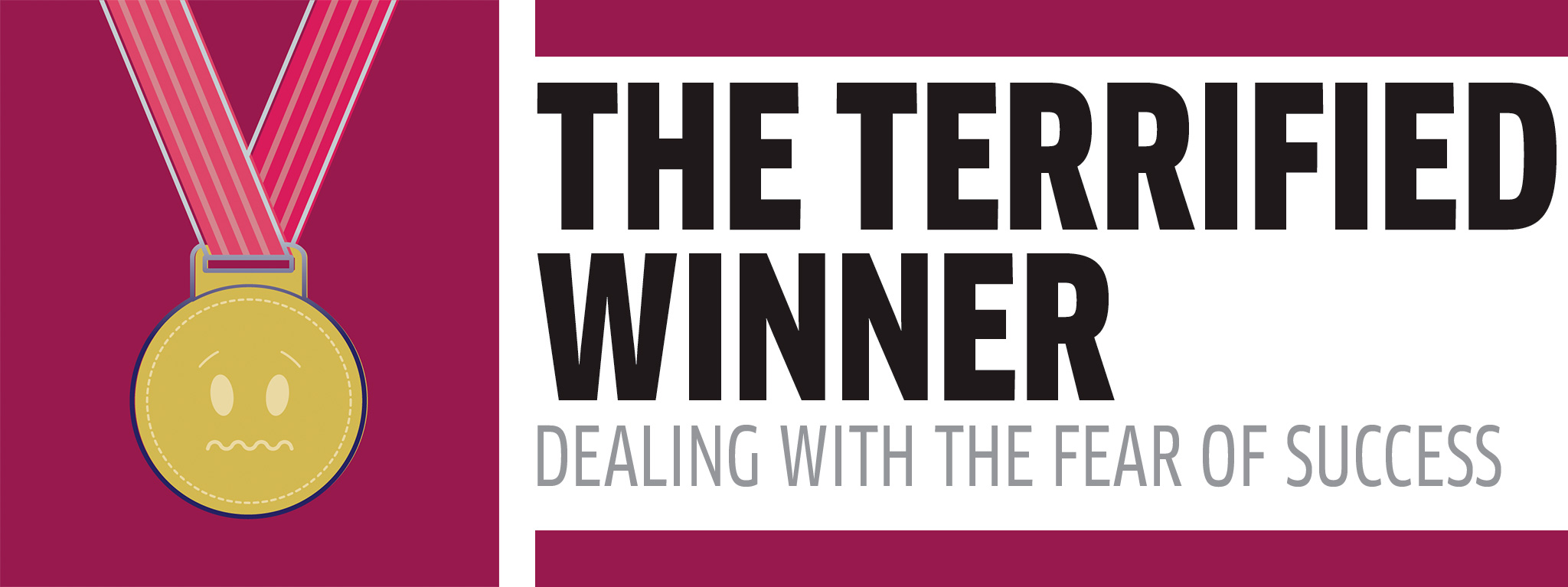
Do you ever find yourself worrying about what might happen if you actually reach your goal? If so, it’s worth considering what success means to you, and what might be at the root of your fears.
Y ou may be completely committed to achieving the goals that you value and still feel nervous about it. Our aspirations are subject to change and chance, and as we get close to accomplishing outcomes that we feel passionate about, we can start to feel apprehensive.
Exciting… or stressful?
The “misattribution of arousal” can be a problem if you’ve been used to worrying about whether you will reach your goal. As we come close to the realization of a goal, our systems start to feel “aroused,” which is to say, alert and stimulated. Ideally, we should recognize this feeling as one of excitement, but if you’ve had a history of negative stresses or disappointments, your mind might attribute that keyed-up feeling to fear or tension. If you find yourself getting nervous when a good thing approaches, remind yourself that even if you’re not used to success yet, the jittery feeling is probably a positive sign (see “Telling the difference,”).
Old expectations
Many of us want to be accepted by our community; that’s a natural and healthy wish. But communities carry expectations, and those expectations aren’t always the best fit for our personal ambitions. The more your goals make you different from people around you, the more of a social price you’ll anticipate, and the harder you’ll have to focus on satisfying yourself rather than pleasing others.
Psychologists have found that fear of success tends to inhibit our initiative and creativity much like the fear of failure. Many of us have heard the saying “It’s lonely at the top,” and we don’t want to be isolated and alone—we’re afraid of flying in the face of other peoples’ expectations and being rejected in some way as a result. But at the same time, holding back is also a loss: as esteemed American basketball coach John Wooden observed, success is the peace of mind that only comes from “knowing you made the effort to do the best of which you’re capable”; falling short of your potential can bring its own regrets. Only you can know what is right for you, but it’s worth asking yourself what your own expectations might be (see “Do you fear success?”). It is helpful to distinguish between goals that represent your authentic ambitions and goals that are about staying in your social comfort zone. Changes often mean a world that’s new and different, but that can be for the best.
Do you fear success?
In 2001, American psychologists Dawn Deeter-Schmelz and Rosemary Ramsey set out to study the fear of success. They gave a collection of statements to volunteers, and found that certain assertions were clear indicators of whether or not the person feared success. Which of the two groups of statements shown below sounds more like what you believe?

 telling the difference
telling the difference
Do you find it hard to distinguish excitement from fear? Drawing a distinction between a stressful memory and an exciting one can be a good way to train yourself to spot the difference if you’re getting nervous as you come close to achieving success. Trauma psychologist Susanne Babbel recommends the following exercise:
- Recall a memory of feeling excited and successful from when you were younger. Stay with it for about five minutes, paying attention to the emotions and sensations it stirs up.
- Bring up a more recent memory of excitement and success. Again, stay with it for five minutes and see how it makes you feel.
- Think of an uncomfortable memory. Don’t select a real trauma (or at least not without support from a trustworthy professional), but pick something that was, at least, not a nice experience. See how that feels.
- Go back to your recent success story. Does it feel similar to or different from your bad memory?
